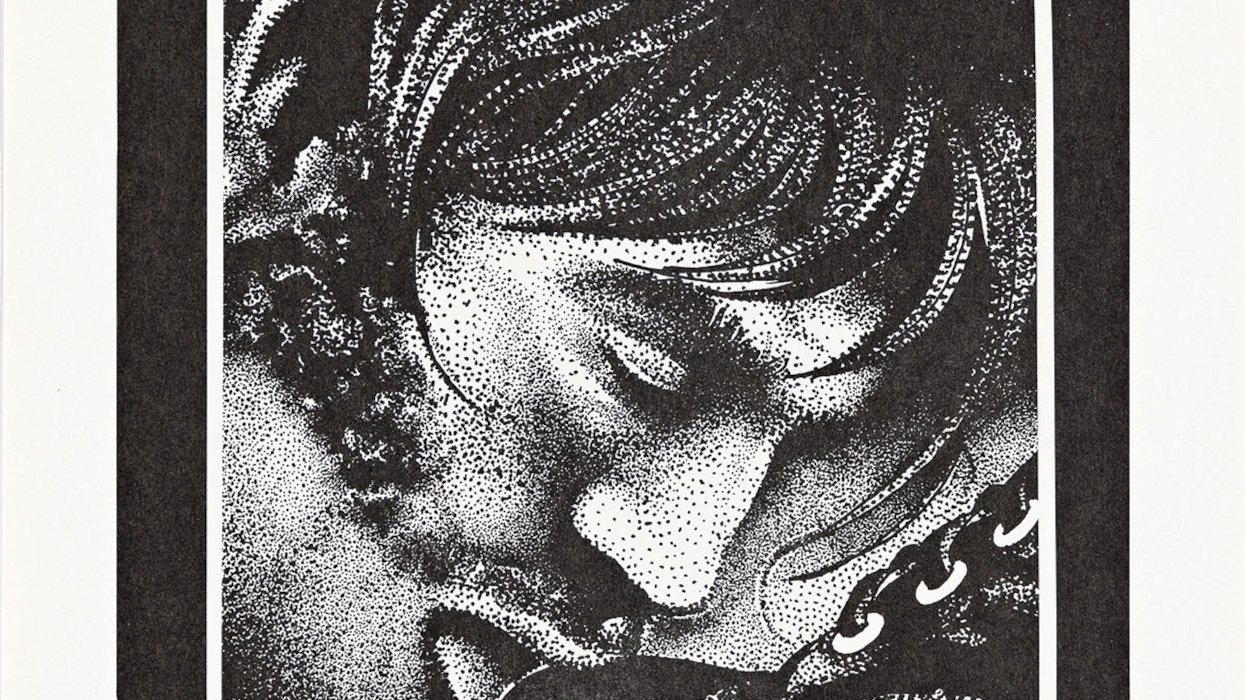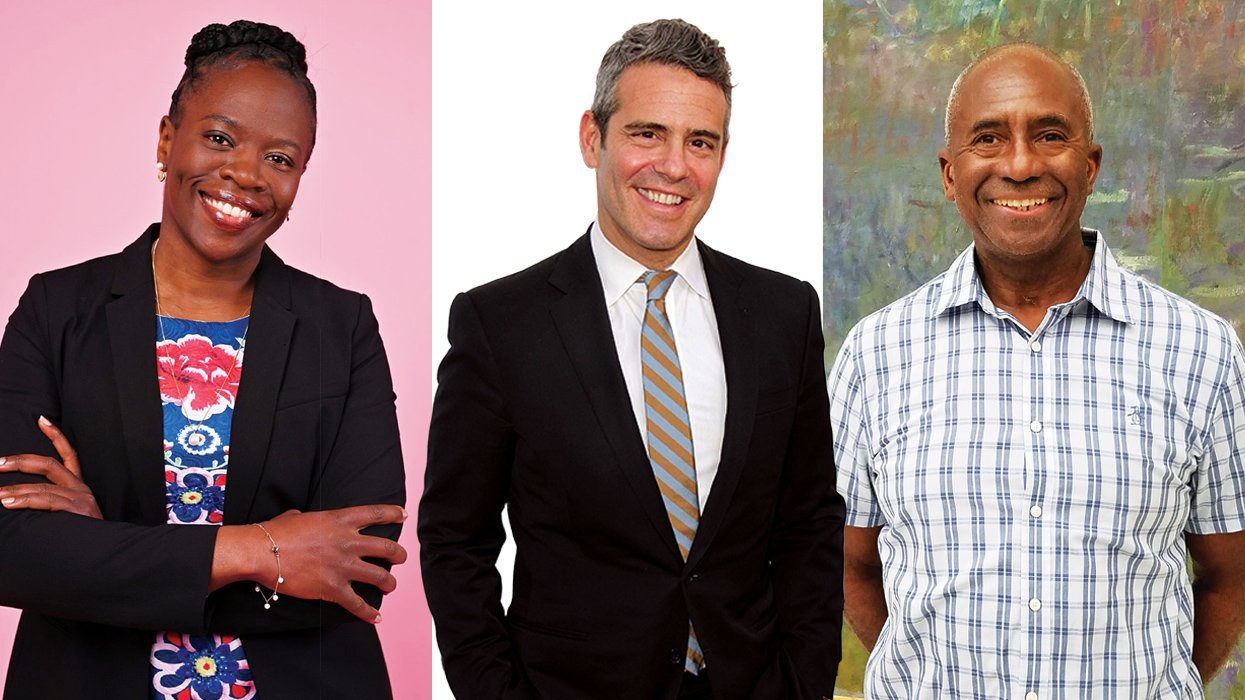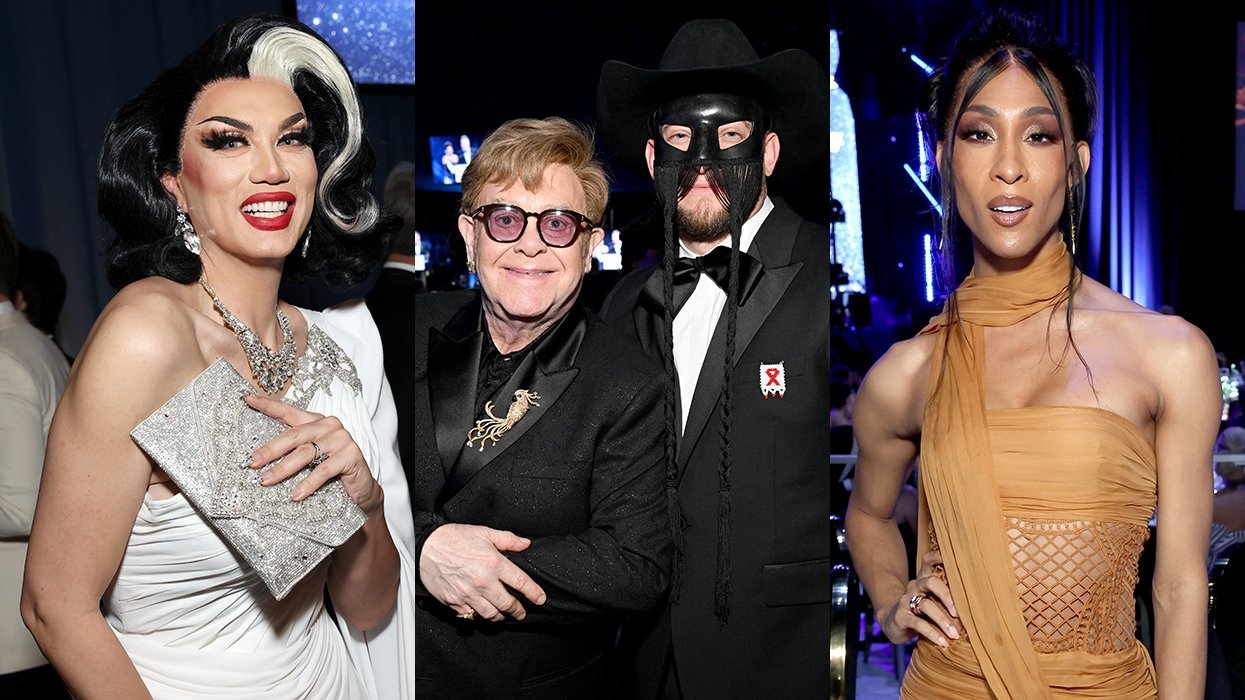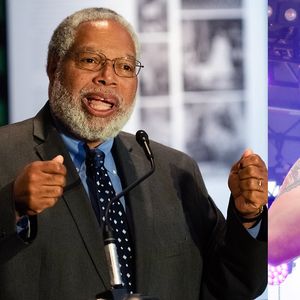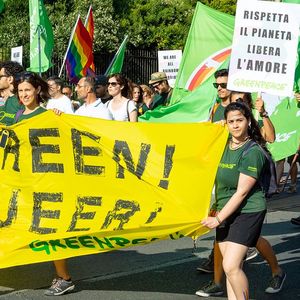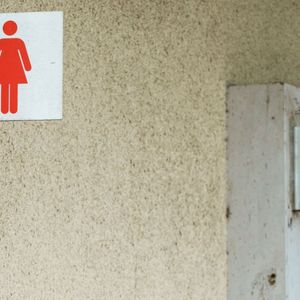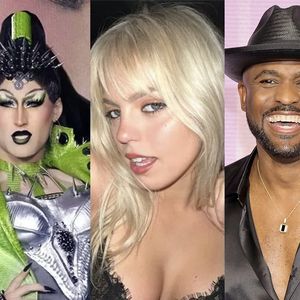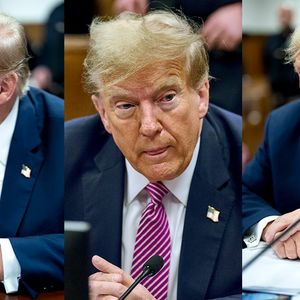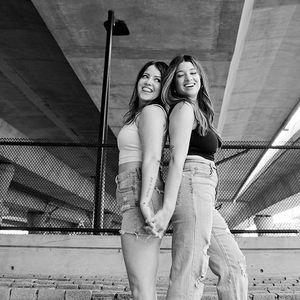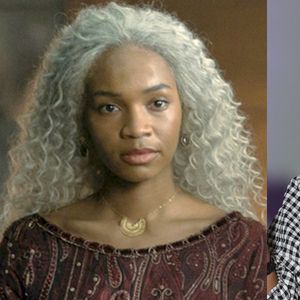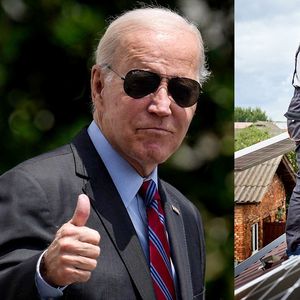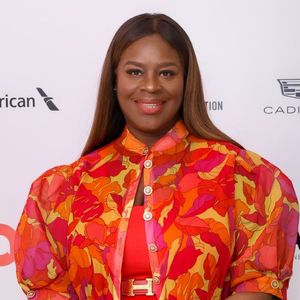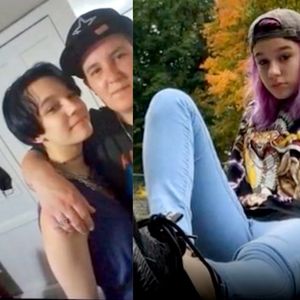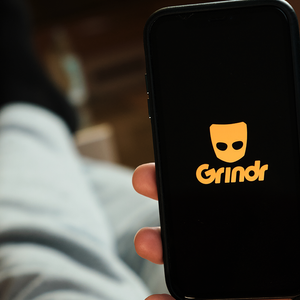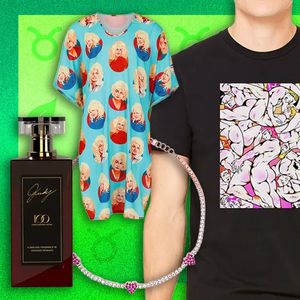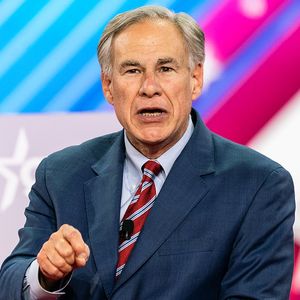
Treatment GuideJust DiagnosedSex & DatingAfrican AmericanStigmaAsk the HIV DocPrEP En EspañolNewsVoicesPrint IssueVideoOut 100
CONTACTCAREER OPPORTUNITIESADVERTISE WITH USPRIVACY POLICYPRIVACY PREFERENCESTERMS OF USELEGAL NOTICE
© 2024 Pride Publishing Inc.
All Rights reserved
All Rights reserved
By continuing to use our site, you agree to our Private Policy and Terms of Use.
A good friend lives in a small community three hours from Chicago. He recently retired from a conservative industry after a career spanning 30 years. So breathing the air of a conservative work environment in a conservative town, he learned the importance of keeping secrets. Being open and honest about his sexuality -- not to mention his HIV status was unsafe. With self-preservation being the number 1 priority, secrecy became his lifeline. We all know the importance of such secrets, whether staying in the closet when too dangerous or hiding our HIV status when the costs are too high. I know that I certainly do. I learned early on that there was something unsafe about being openly gay. I knew on a deep level the ostracizing and judgment that would accompany such a disclosure, either from family, friends, or church. I also knew the obvious stigma from being HIV-positive. I was 14 years old when HIV burst onto the national scene. Initially it was called GRID -- gay-related immune deficiency -- therefore managing to pathologize both being gay and contracting the illness. Such information penetrated me to the core, I now realize. I even realized it then -- the difference being that my turtle-like response to my concealing my true self was automatic, reflexive. It was, like my friend's response, self-protective. As I get more emotionally healthy, I realize that embracing the necessity of such a response is ultimately compassion for myself. In the past such compassion would devolve into victimhood, occupying the self-righteous anger involved when recognizing injustice perpetrated against myself. It has been all too easy to do so. And I would also argue understandable. After all, hiding one's identity out of necessity is known as "concealed stigma," that difficult state in which one knows one is labeled a pariah and yet needs to hide it from others. Complicated, to say the least. From my perspective, the pernicious nature of such hiding lies in its loneliness. Therefore, on our own we need to validate who we are while recognizing that we need to keep our authenticity from others. Ultimately, this is a puzzle impossible to solve. And it feeds a circular process vacillating between victimhood and shame. Either way, the road leads to symptoms -- whether of depression, anxiety, substance abuse, or a myriad other problematic responses. As I have said recently, it appears to me that the most healing response to such concealed stigma as an adult is in community. There it becomes possible to integrate different aspects of the painful experience of hiding our authentic selves from others. We not only reveal ourselves to those with whom we feel safe but we're able to validate the real pain and suffering underneath such concealment. My friend struggles with this sense of community although it's slowly improving. He's more active in a variety of communities, HIV, leather, urban gay men, and this has started to slowly erode the anxiety he experiences when thinking he'll be "found out." However, he's recognizing that such a response has more to do with the environment he has lived in as opposed to the one he's living in now. This is true for myself as well. My automatic response is to hide, given the judgment I expect to receive from others. But I realize that I'm way safer than I was when I was 14. And that due to my own active participation in various communities, I am not alone, and in fact loved exactly the way that I am. Fransen is a licensed psychotherapist in practice in Chicago. He can be reached via e-mail.
Want more breaking equality news & trending entertainment stories?
Check out our NEW 24/7 streaming service: the Advocate Channel!
Download the Advocate Channel App for your mobile phone and your favorite streaming device!
From our Sponsors
Most Popular
Before AIDS, gay artist Rex drew hot men on the prowl — then he disappeared
April 11 2024 3:15 PM
Diets that mimic fasting reverse aging: study
March 07 2024 5:28 PM
The Most Amazing HIV Allies & Advocates of 2023
November 03 2023 12:51 PM
PrEP without a prescription now a reality in California
February 06 2024 8:37 PM
This OnlyFans Star Is Trying to Raise $100K to Fight HIV
December 26 2023 3:05 PM
Injectable HIV treatment, prevention: Everything you need to know
March 26 2024 3:28 PM
The naked Black body takes center stage in this HIV campaign
January 03 2024 1:07 PM
8 dating tips for gay men from a gay therapist
March 21 2024 2:50 PM
Mr. Gay World wants to make sure you're OK
January 02 2024 4:56 PM
Plus: Featured Video
Latest Stories
The government failed on mpox. Ritchie Torres's new bill addresses that
April 18 2024 1:21 PM
On Anal Sex Day, crack up with The Bottom's Digest
April 18 2024 10:22 AM
Todrick Hall has long supported the communities he comes from
April 17 2024 12:02 PM
Our May/June issue of Plus is here!
April 17 2024 12:00 PM
Giselle Byrd is taking center stage — and helping others do the same
April 10 2024 2:24 PM
Discover endless fun at The Pride Store: Games & electronics for all ages
April 09 2024 4:25 PM
Mean Girls' Daniel Franzese on playing an HIV+ character
April 09 2024 3:57 PM
HIV-positive Air Force, Navy servicemembers victorious in lawsuit
April 09 2024 3:02 PM
Unlocking a new level of beauty with Dr Botanicals' ethical skincare line
April 08 2024 3:40 PM
Unleash your wild side with The Pride Store’s beginner’s guide to kink
April 08 2024 3:35 PM
Why are mpox cases in the U.S. on the rise again?
April 08 2024 1:30 PM
Happy national foreskin day!
April 04 2024 1:45 PM
Adult entertainment icons Derek Kage & Cody Silver lead fight for free speech
April 03 2024 3:06 PM
LGBTQ+ patients twice as likely to face discrimination: survey
April 02 2024 4:57 PM
Spring into The Pride Store’s top new arrivals for April
April 02 2024 4:39 PM
Nashville PD Must Pay HIV-Positive Man Denied a Job
April 01 2024 6:22 PM
Common has a message on how to foster self-love
March 29 2024 7:33 PM
Listen to Dr. Levine: Take syphilis seriously
March 28 2024 6:40 PM
Breaking boundaries in gender-free fashion with Stuzo Clothing
March 27 2024 2:15 PM
Trending stories
Most Recent
Recommended Stories for You



